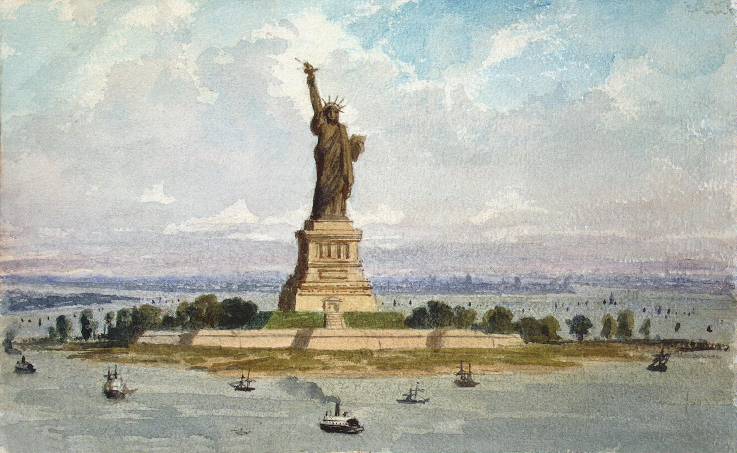How Do We Protect and Preserve Our Liberty?
The U.S. government was established on the foundation that liberty must be protected and preserved from tyrannical forces who would seek to impose their will on the individual.
Thomas Jefferson described the term liberty in the Declaration of Independence as “unobstructed action according to our will within limits drawn around us by the equal rights of others. I do not add ‘within the limits of the law’ because law is often but the tyrant’s will, and always so when it violates the rights of the individual.”
In modern day, liberty is defined as “the state of being free within society from oppressive restrictions imposed by authority on one’s way of life, behavior, or political views.”
Americans talk a lot about how to protect and preserve their liberty. People on both sides of the political aisle wish the same thing — for individuals to be endowed with all their natural rights. The challenge is over what the role of government should be in ensuring it.
For many, liberty means government keeping a light touch on how its citizens conduct their lives, businesses, and associations. Others argue that laws must be enacted to protect small groups of people who would otherwise be restricted to conduct their lives as they wish if left to conform to majority standards.
Self-determination is a key factor. So, is the role of government to ensure that all people are treated equally and free from societal encumbrances, or is the government’s role to guarantee that each individual has basic rights and it is up to the individual to exploit his or her own abilities to their fullest potential? Are these roles in contradiction, and why is it so difficult for the political left and right to agree on how to achieve liberty when they agree that it is a basic endowment?
TPOH explores the role and responsibility of government in ensuring liberty as it impacts Americans’ ability to work, express their faith, conform to regulations and policies, express their personal rights, experience physical security, explore opportunities, and pursue their mental and physical health.

Learn More About “Liberty”

Loving v. Virginia: Has America Finally Caught On to ‘Land of the Free’?
“Race remains a potent and often divisive force in our society,” President Obama said in his farewell speech a week before leaving office. Undeniably, race relations appear to have taken a turn for the worse in the last eight years, but no matter the cause, Americans have come a long way toward accepting interracial relationships.
read more
What’s Better Than Nationalism? Internationalist Nationalism
Can “internationalist nationalism” appeal to those who wish to protect what they have and also demonstrate the benefits of others succeeding? It would probably depend on understanding what internationalist nationalism is. First, the word...
read more
‘Psychic Numbing’: How to Avoid Desensitization to Bad News
Here’s a little challenge for the beginning of this new year. Look back on the events or trends that disturbed you most in 2016. Then, instead of thinking about global, symbolic protest movements you can join or systematic changes you can demand from on high, contemplate a practical way to familiarize yourself with one human being who has been affected. Then, find a way to concretely help that individual.
read more
Farewell, Thomas Sowell, Thanks for the Memories
Thomas Sowell is retiring his column from Creators Syndicate. If you’re unfamiliar with the man, you’ve been missing out, probably while hiding under a rock. Sowell is a senior fellow at the Hoover Institution, Stanford University, holding Rose and Milton...
read moreMore Stories
Study: Religion and Bank Loan Terms
Wen He and Maggie (Rong) Hu, senior lecturers at the University of New South Wales Business School in Australia, examine whether religion affects the terms of bank loans. In the paper’s abstract, they write, “We hypothesize that lenders value the traits of...





